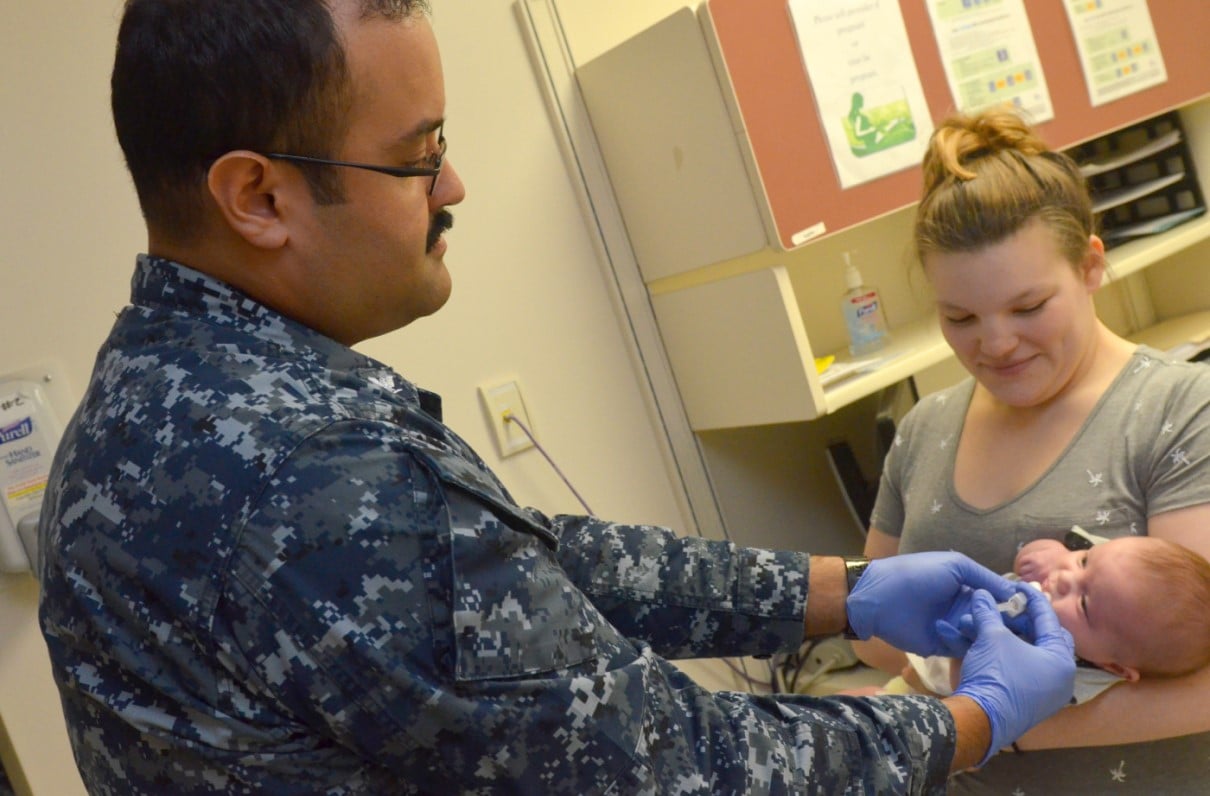By Lorren Patton
A 2-month-old policy that will reimburse military spouses up to $500 for relicensing costs connected to a permanent change-of-station move (PCS) already has benefitted dozens of military families.
All services have a slightly different policy (see MOAA’s chart) for the reimbursements, which apply retroactively to relicensing costs incurred in connection with PCS orders dated on or after Dec. 12, 2017.
The pilot program is set to expire Dec. 31, 2022, but there is pending legislation that would extend it until 2024 and increase the maximum reimbursement amount to $1,000. Tracey Hernandez, Family Member Employment Assistance Program Manager for the Marine Corps, said that of the 30 reimbursements paid out thus far, four of the reimbursements were for the maximum amount of $500.
The House version of the FY 2020 National Defense Authorization Act (NDAA) recognizes the importance of increasing the maximum reimbursement amount to ensure the burden of paying relicensure fees beyond $500 does not fall on the shoulders of military families.
[DOWNLOAD THE CHART: MOAA’s Comparison of Spouse Licensure Reimbursement Programs]
The number of reimbursements by service:
- Army: Paid out zero reimbursements as of Aug. 2.
- Marine Corps: Paid out 30 reimbursement claims totaling $10,323.74, as of July 25.
- Navy: Paid out first three claims July 10, averaging $271 per claim.
- Air Force: Paid out 26 reimbursement claims totaling $8,928.27, as of July 26.
The number of reimbursement requests so quickly after the implementation of these policies highlights the critical need of military spouses. Continual relicensure is a hardship impacting all military families regardless of rank. Marine Corps reimbursement requests have been a near even split between requests from spouses of officers versus enlisted servicemembers.
Undoubtedly, the current reimbursement policies are a step in the right direction for alleviating some of the barriers to employment military spouses face as a result of PCS moves. However, the legislative language excludes certain military spouses from being eligible for this benefit. As written, relicensing costs may be reimbursed when a servicemember is reassigned “from a duty station in one State to a duty station in another State.”
[RELATED: How MOAA Is Looking Out for Military Spouses]
Focusing on the legislation’s use of the word “state,” military spouses PCSing from overseas locations back to a state-side duty station are currently ineligible for reimbursements under the Army and Air Force policies. The Navy “based our policy to extend the benefit to overseas spouses with PCS orders back to the states on the intent of the legislation,” said Lt. j.g. Stuart Phillips, a Navy public affairs officer.
In the Navy policy, reimbursement is based on the last license the spouse maintained in the previous stateside duty station where the sailor was permanently assigned before receiving OCONUS orders. After MOAA identified this gap, the Marine Corps has agreed to update their policy to include overseas spouses. MOAA continues to work with the other services and Congress to ensure overseas spouses can be eligible for reimbursement.



